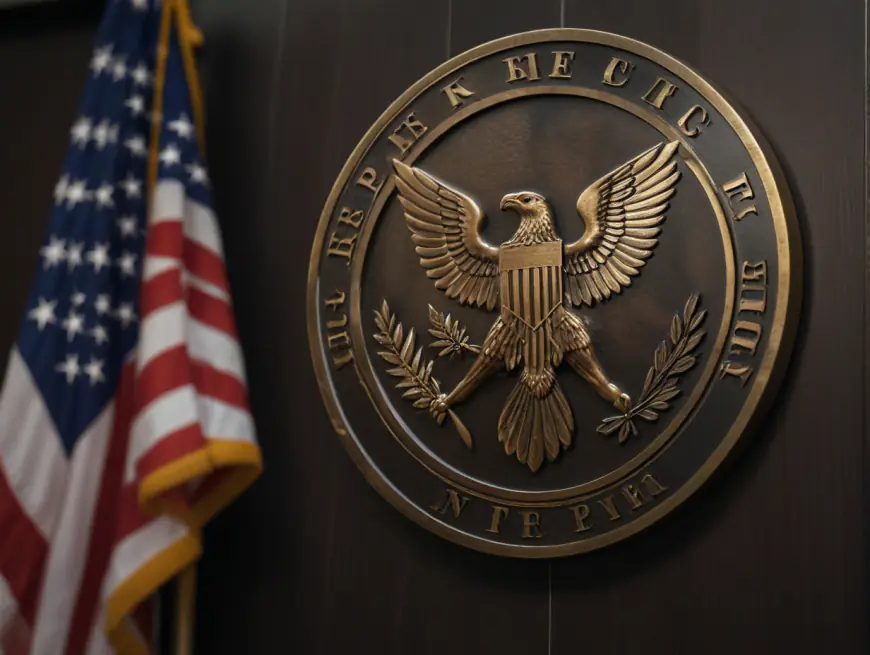Why did this US crypto company declare independence from the SEC?
Ryan Selkis, CEO of blockchain analytics firm Messari, has declared that his firm will cut all ties with the US Securities and Exchange Commission (SEC). On July 7, Selkis said his firm would wage war on the SEC in a strongly worded draft letter shared on X. Also Read: Coinbase rides high on precedent in […]

Ryan Selkis, CEO of blockchain analytics firm Messari, has declared that his firm will cut all ties with the US Securities and Exchange Commission (SEC). On July 7, Selkis said his firm would wage war on the SEC in a strongly worded draft letter shared on X.
Also Read: Coinbase rides high on precedent in Binance-SEC ruling
According to the draft letter, Messari will stop engaging with the SEC formally or informally until the agency is reformed and leadership changes. Selkis accused SEC Chair Gary Gensler of corrupt and counterproductive leadership, adding that the agency’s work failed to benefit citizens.
Messari’s declaration of war
Messari plans to prove its case against the regulator by using instances to show the SEC’s incompetence. Such examples include the regulator’s inability to detect and prevent major frauds of collapsed crypto entities like FTX and Genesis.
The letter further described the SEC as an agency that has outlived its usefulness in light of recent technological developments. Selkis highlighted how private actors such as public blockchains and privately funded investigative journalism could better provide full disclosure for users and identify fraudulent activities.
Considering this, the firm stated:
“After years of research and development, and attempted engagement with the SEC staff, we have decided to declare independence from and challenge the legitimacy of the SEC when it comes to information reporting solutions for the crypto markets.”
Messari now plans to execute a multifaceted strategy that will allow it to wage war on the SEC on multiple fronts. This would be done through legal battles in court, media campaigns, and appeals to Congress. The long-term goal of this strategy is to prove that the SEC has failed to achieve its goals of regulating the crypto industry.
Notably, the letter has generated significant interest from the crypto community, with many praising its intentions. Others are calling for more crypto firms to sign the letter, noting that it will signal a coalition of crypto organizations against the regulator.
The many sins of SEC
In the past year, the Gary Gensler-led SEC has adopted a stringent regulatory approach to the emerging crypto industry. The financial watchdog has filed numerous lawsuits against major crypto firms like Binance, Bittrex, and Coinbase. Notably, it has also declared various crypto assets, including Solana and Polygon, as securities.

This approach has alienated many industry stakeholders. Ethereum co-founder Vitalik Buterin recently criticized the current regulatory regime, stating that it harms the crypto industry by hampering the activities of good-intentioned cryptocurrency developers. According to Buterin, this strategy could lead to anarchy or tyranny.
Also Read: So, the SEC just got a win against Coinbase – What do we do now?
“If you do something useless, or ask people for money in exchange for vague promises, you are fine. But if you offer clear information about returns and customer rights, you are penalized because you’re classified as a security,” Buterin added.
However, despite industry complaints, Chair Gensler maintains that most digital assets are securities. He has criticized the industry for failing to comply with local laws and pointed out that crypto leaders like Binance’s former CEO Changpeng Zhao are in legal trouble due to non-compliance with the rules.
What's Your Reaction?









































































































